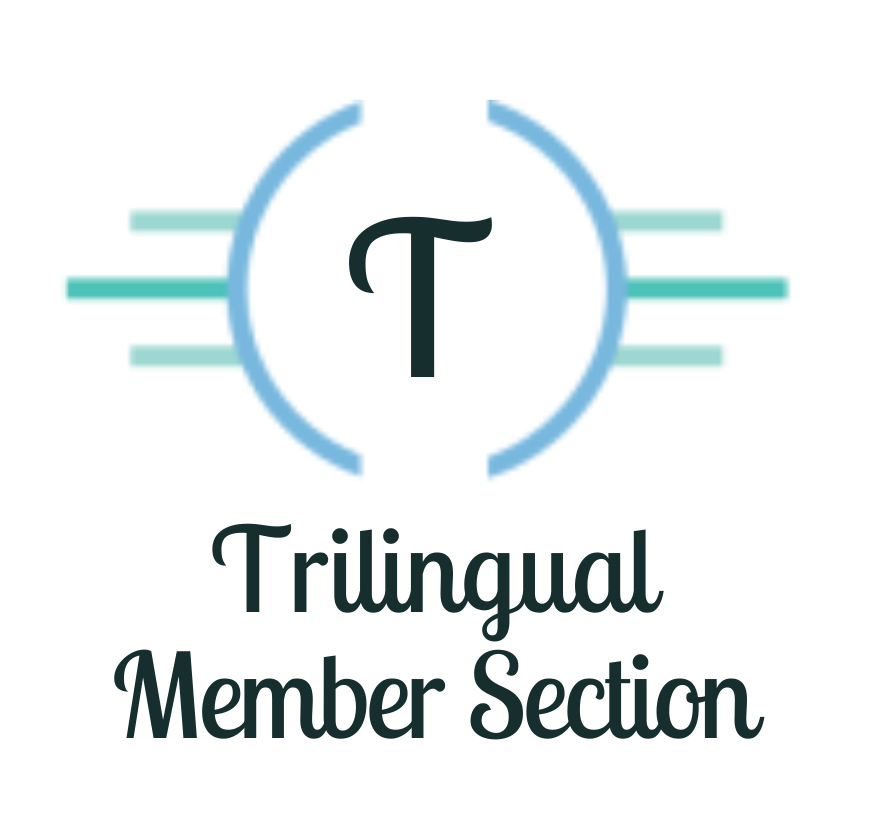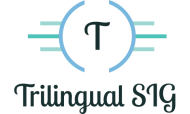Presenter: Johanna Katz-Seals
Target Audience: Trilingual Deaf and Hearing Interpreters
Workshop/Course Description:
The United States is a leading country when it comes to overall accessibility and education for Deaf and HoH people, with the passage of the ADA (American with Disabilities Act) and established collegiate programs for Deaf and HoH such as Gallaudet University and the National Technical Institute for the Deaf (NTID). This is one of many reasons why Latinx Deaf individuals immigrate to the US temporarily or permanently; for school, for work, or to feel safe. Many of these Latinx individuals may also benefit from interpreting services and/or VRS. Due to a D/HoH person’s unfamiliarity with English, ASL, or American culture, in addition to their potential unfamiliarity with the interpreting process, communication can lose message equivalency on both sides. The goal of this workshop is to learn what common life experiences these Latinx consumers share and how to facilitate a successful interpreting process.
Presented in ASL
Thursday, October 8th
6:00 pm – 8:00 pm CST
Zoom Meeting Link to be provided
$20.00
BEI .2 Ethics/Trilingual CEUs & .2 RID (Professional Studies)
If someone needs more information to email trilingualsigchair@tsid.org.

